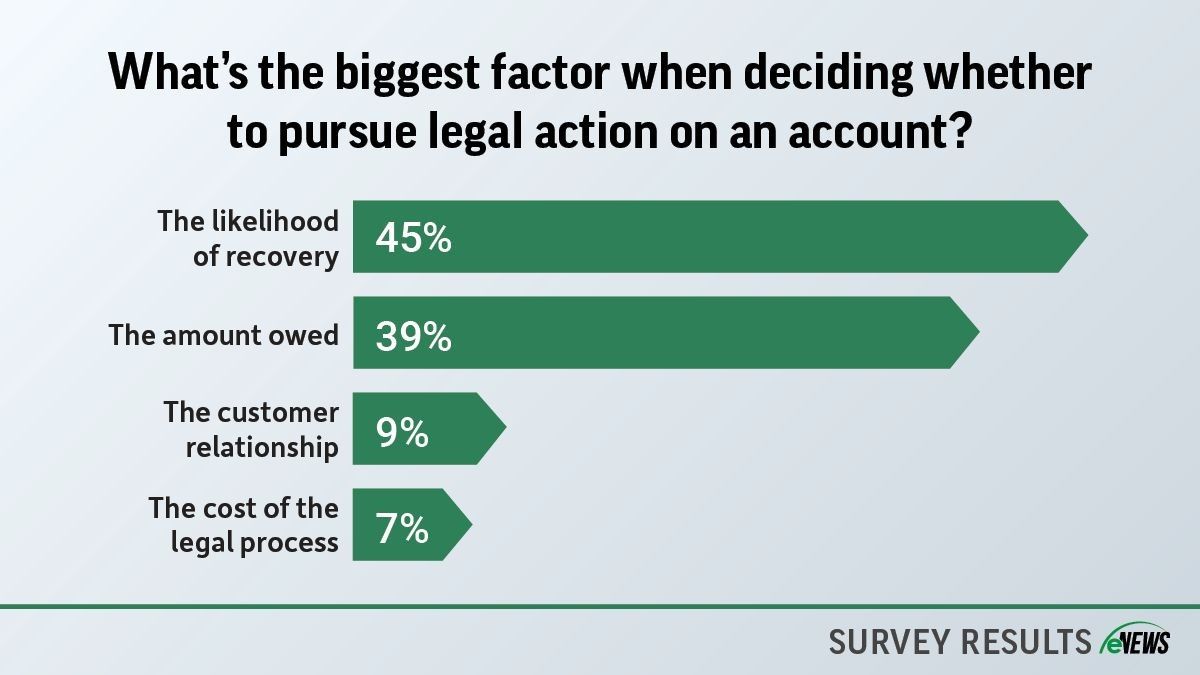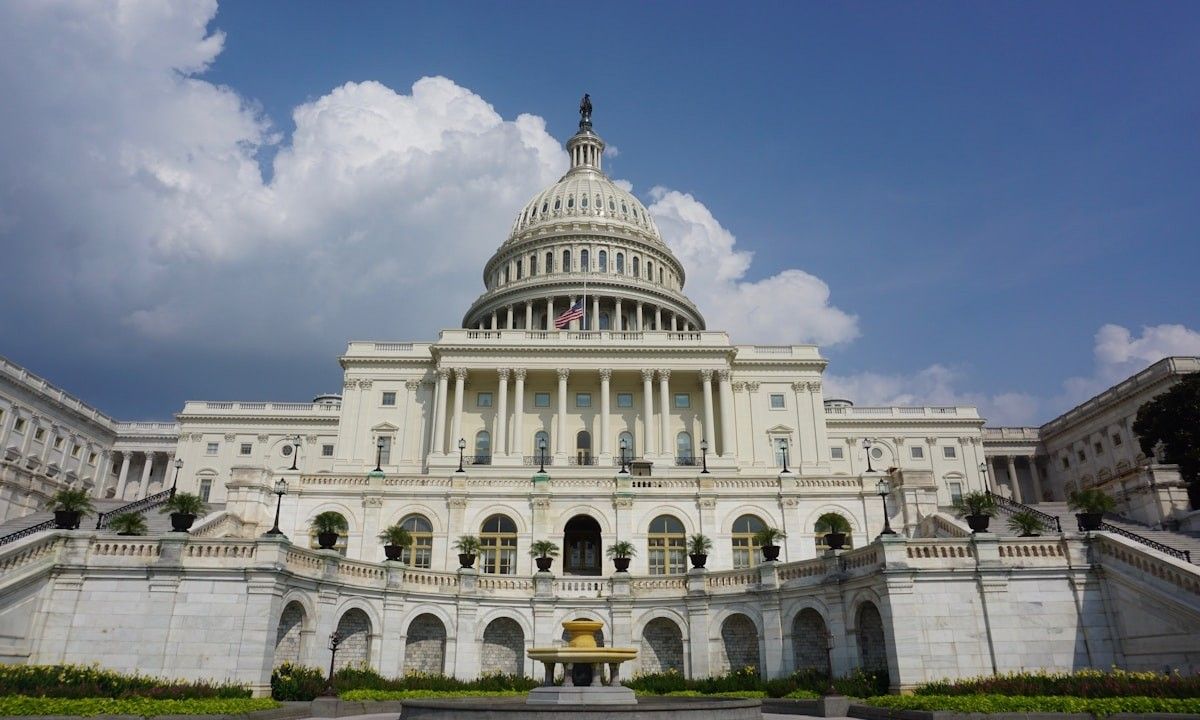Construction, eNews
The hidden truth of greenwashing

In today’s climate, being “eco-friendly” may just be an ethical façade. Greenwashing—a term coined in the 1980’s—is the act of claiming environmental credentials for a product or project that are unjustified or untrue. Its purpose is to create an impression among both existing and potential customers that the business carries out environmentally friendly activities, when in reality, it is just a cover up. This article aims to unearth the hidden truth of greenwashing and explain how its repercussions are headed for the construction industry.
Nearly 500 randomly selected websites make around 40% of green claims online that could be misleading to consumers, according to a coordinated global review from the Competition and Markets Authority. One notable example is the IKEA greenwashing case of June 2020. It was found that the company was linked to illegal logging in Ukraine as its timber consumption doubled in the last decade. An investigation by Earthsight found that IKEA was making beechwood chairs using illegally sourced wood from the forests of Ukraine’s Carpathian region (an area home to endangered bears, lynxes, wolves, and bison).
Why it matters: Lawsuits related to greenwashing have impacted several major industries in recent years. Though the construction industry may not be directly impacted for now, it is a possibility in the future for the industry to be affected.
The building and construction industry makes up nearly 37% of global emissions combined—and the environmental impact resulting from delivering materials and operating buildings is enough reason for construction firms to highlight the sustainability of its structures. Creating sustainable developments through investments in materials, workers and delivery practices, for example, is a great way to do so.
Greenwashing in construction could look like:
- Changing the marketing of a project if it does not qualify as a green energy or greenspace company to get paid.
- Trying to beat a competitor by presenting as a green energy project or company to avoid being outbid by them.
“In some cases, a company may start an entire project, get halfway through and realize it is being built on top of toxic and hazardous waste,” said Chris Ring of NACM’s Secured Transaction Services. “Now you’re in a position where you must delay and possibly cancel the project altogether. The C-Suite should have their finger on the pulse of what kind of projects they decide to work on. It’s not fully the credit manager’s job regarding what they’re supplying or the project that they’re supplying to.”
Credit managers should always do their due diligence because anything could happen to a project at any time. A customer could be in healthy financial shape until the ramifications of a greenwashed project creates tension.
“While it may not have hit the construction industry yet, it’s not a matter of if but rather a matter of when,” said Wendy Mode, CCE, CICP, corporate credit manager at Delta Steel, Inc. (Cedar Hill, TX). “I think it could start with manufacturers and the people who are building equipment. Producers or manufacturers may also try to start saying that they’re eco-sustainable or green or those who make AC units, generators and other smaller construction site needs that are on every job site.”
Architects are a piece of the bigger picture of greenwashing as well. For example, if a mall or shopping center is being built, the architect is responsible for mapping out what the foundation and structure will look like. It is important to communicate the type of distributor gear or manufacturer used to maintain eco-friendly requirements.
“It’s more about looking to see if you’re working for a company that’s selling or manufacturing material while trying to promote something that really is a big stretch,” said Mode. “From a credit perspective, there wouldn’t be as many repercussions on you as there would be toward the operations line, but from a personal standpoint, you’ve got to sit back to look and see if you are working for an ethical company.”
The bottom line: Greenwashing is a rising concern in various industries, and while it has not directly impacted the construction industry yet, its prevalence could lead to potential legal and financial ramifications for companies that fail to implement sustainable practices.





